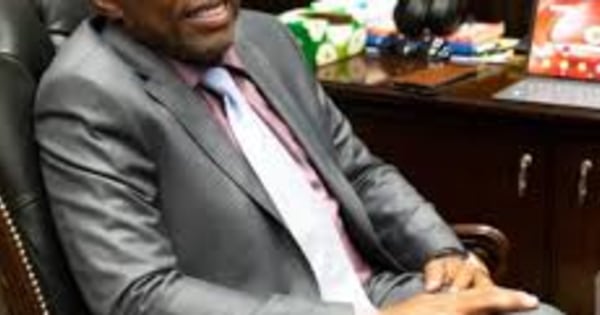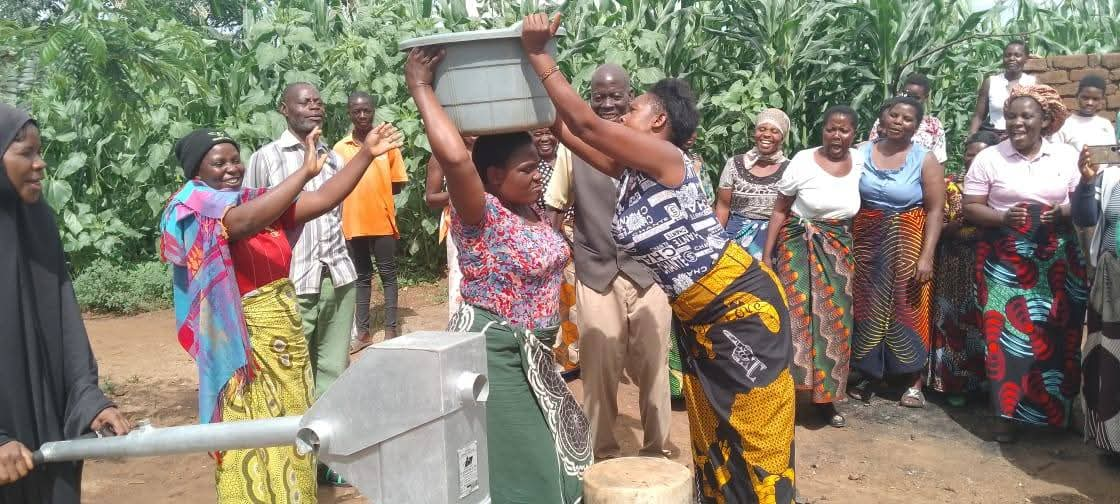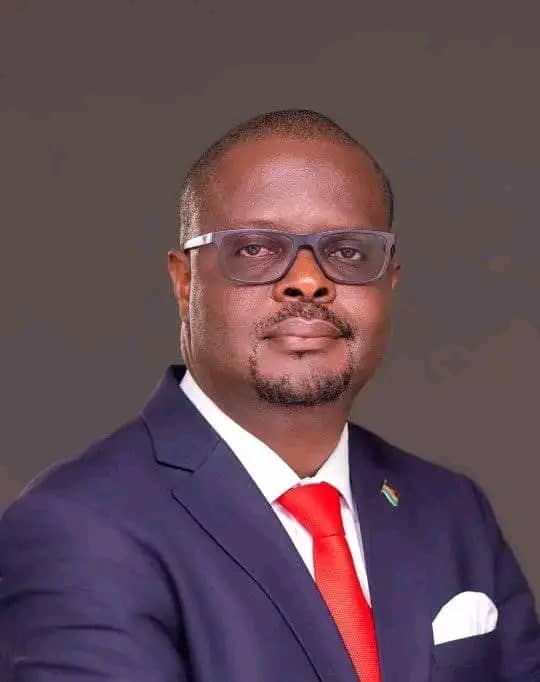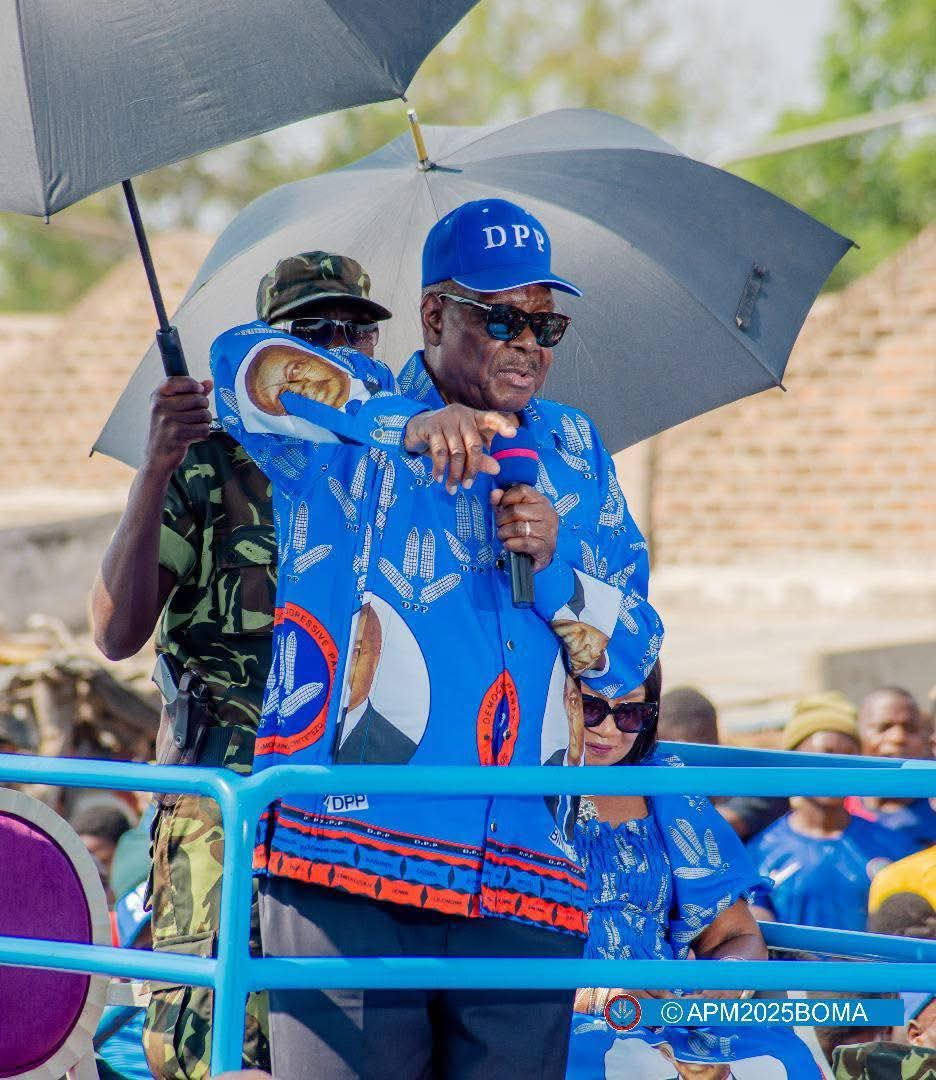Daggers remain drawn in the controversy over K105 billion loans that two commercial banks are set to extend to Khato Civils for the implementation of the Salima-Lilongwe Water Project.
Yesterday, events happened in quick succession as Khato Civils moved the High Court of Malawi to stop a news conference Forum for National Development (FND) addressed in Lilongwe.
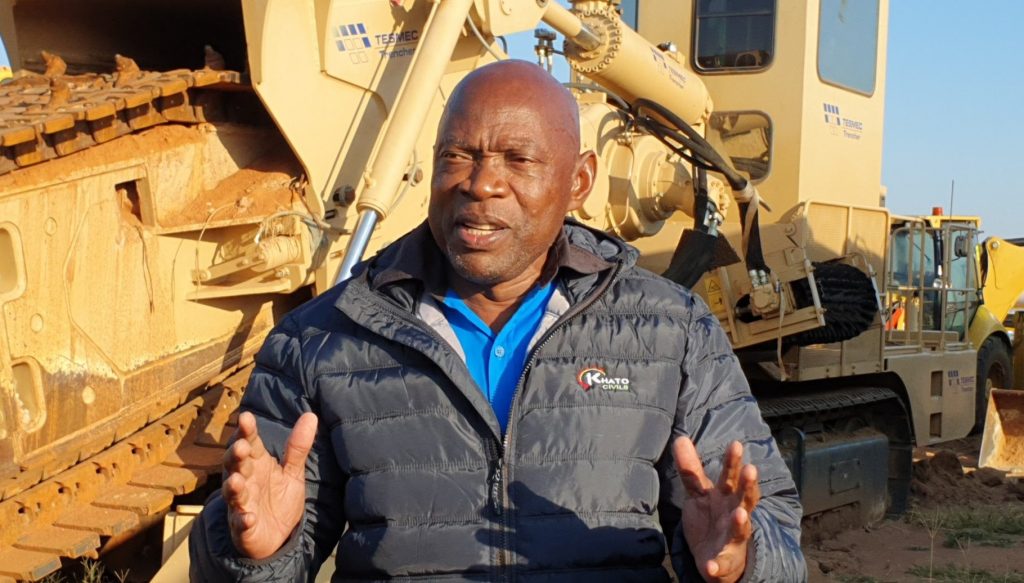
Through its local lawyer Chancy Gondwe, Khato Civils applied for an injunction at the High Court of Malawi’s Commercial Division Blantyre Registry, but by the time the court granted the relief, FND had concluded its briefing.
During the briefing, FND asked the Malawi Government to explain why it wants to borrow K105 billion on behalf of Khato Civils to finance the Lake Malawi Water Project also known as Salima-Lilongwe Water Project.
The civil society organisation (CSO) had earlier on Friday obtained an injunction stopping National Bank of Malawi plc and NBS Bank plc from releasing K105 billion to Khato, a loan which Parliament approved during its Budget Meeting in March.
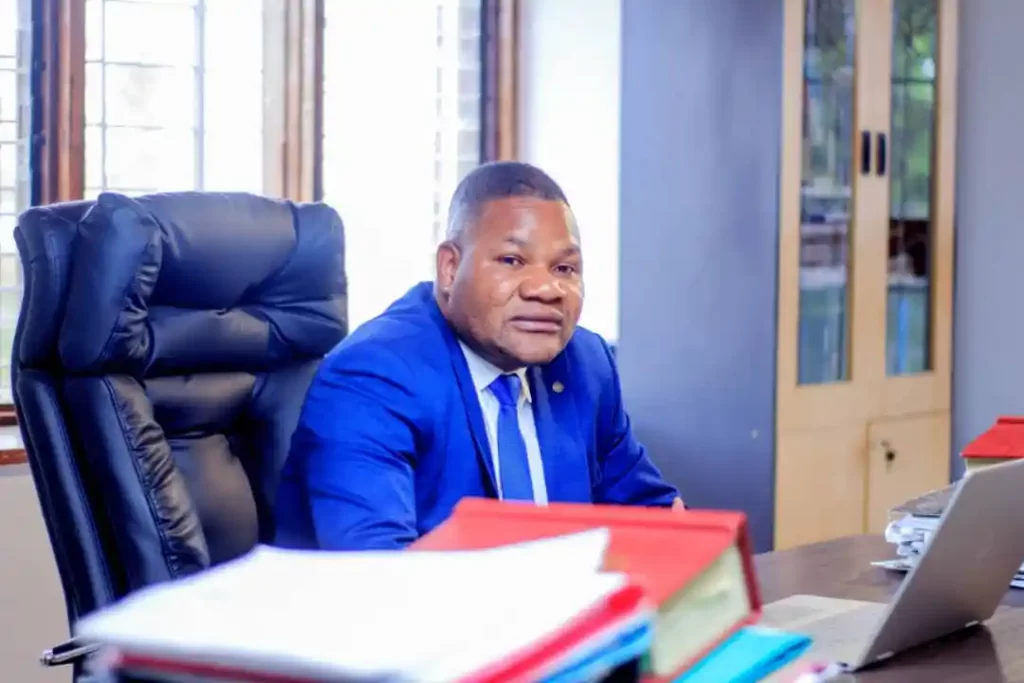
But Khato Civils has challenged FND and filed court documents to have the injunction stopping disbursements of the funds by the two banks discharged.
FND national coordinator Fryson Chodzi told the news conference that Khato Civils was supposed to get a financier and not involve the Malawi Government to borrow on its behalf.
He said Khato Civils earlier identified a financier, Quay Energy Corp, to the tune of K25 billion, but no explanation was given on what happened with that financier.
Chodzi said they have since written the Anti-Corruption Bureau on the issue.
Gondwe said in an interview yesterday the injunction was granted after the CSO had finished their media briefing, but added it was their belief it would restrain FND from making further prejudicial comments on the case.
He said: “The order was and is intended to preserve the integrity of the court and the due administration of justice. The principle is that you don’t comment on a case [sub] which is before a judge [judice]. It is prejudicial to the due administration of justice as it undermines the court and scandalises the entire proceedings.”
In the case before the court which FND obtained the injunction to stop the banks releasing the funds to Khato Civils, the CSO is the claimant while National Bank of Malawi plc, NBS Bank plc, Khato Civils and Attorney General are first, second, third and fourth respondents in that order.
In its application for discharge, Gondwe argued that the Government of Malawi through the National Assembly passed the NBS Bank plc and National Bank of Malawi plc (Lake Malawi Water Supply Project) Loan Authorisation Bill, 2023.
He said the Bill was passed into law on April 6 2023, effectively authorising the government to borrow from the two banks K105 billion.
Gondwe said: “[This] Loan Authorisation Bill is intended to finance the abstraction and treatment of water from Lake Malawi at Lifuwu in Salima and transportation of the treated water to Lilongwe City.
[The] action herein is not a commercial matter and does not fall within the definition of a commercial matter and as such the present action has been wrongly commenced in this division.”
He further argued that the claimant was challenging an Act of Parliament which authorises the government to borrow from National Bank plc and NBS Bank plc through an ordinary court action.
Gondwe said FND has no sufficient interest to protect in pursuing and prosecuting the present matter.
He said when government was not comfortable with the conditions of the financiers Khato had identified, it took up to 30 percent equity of the shares in the Salima-Lilongwe Water Supply Company, which is a Special Purpose Vehicle (SPV), for the purpose of the project.
In its summons, FND is seeking a relief from the court to make a declaration that lending the money to Malawi Government is contrary to public interest and good corporate governance.
The court has set May 17 2023 to hear the matter.
The Salima-Lilongwe Water Project was initiated in 2015 and was supposed to be completed in 2018/19, but it has faced a number of challenges, including funding.

